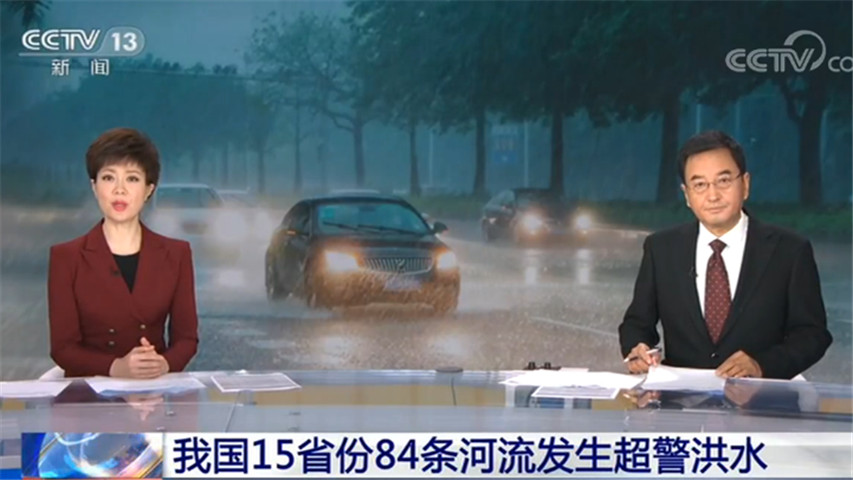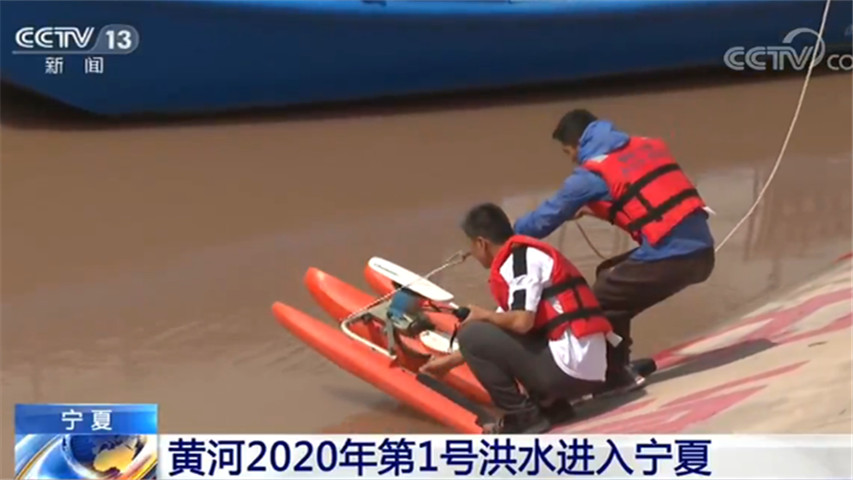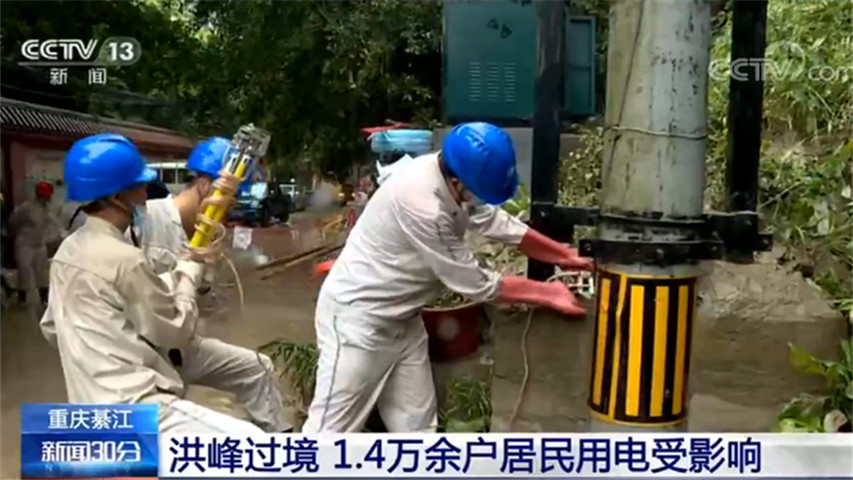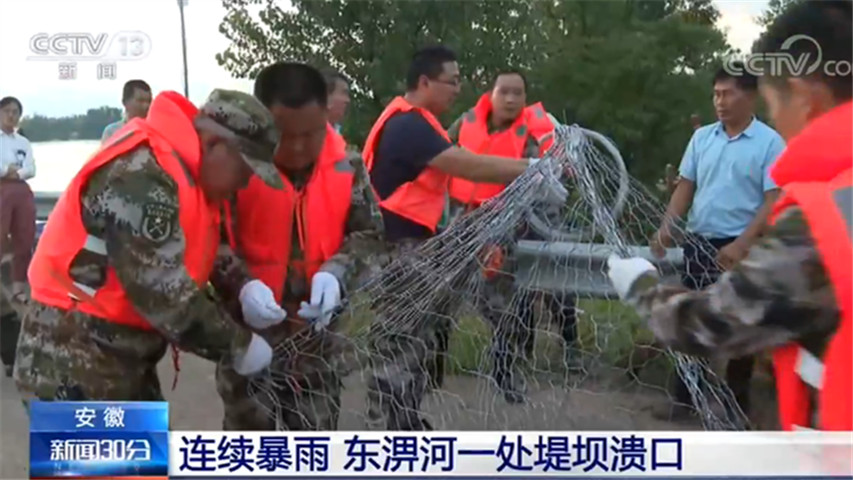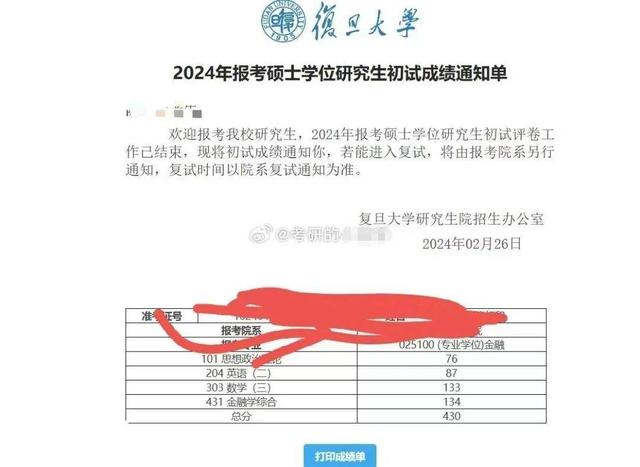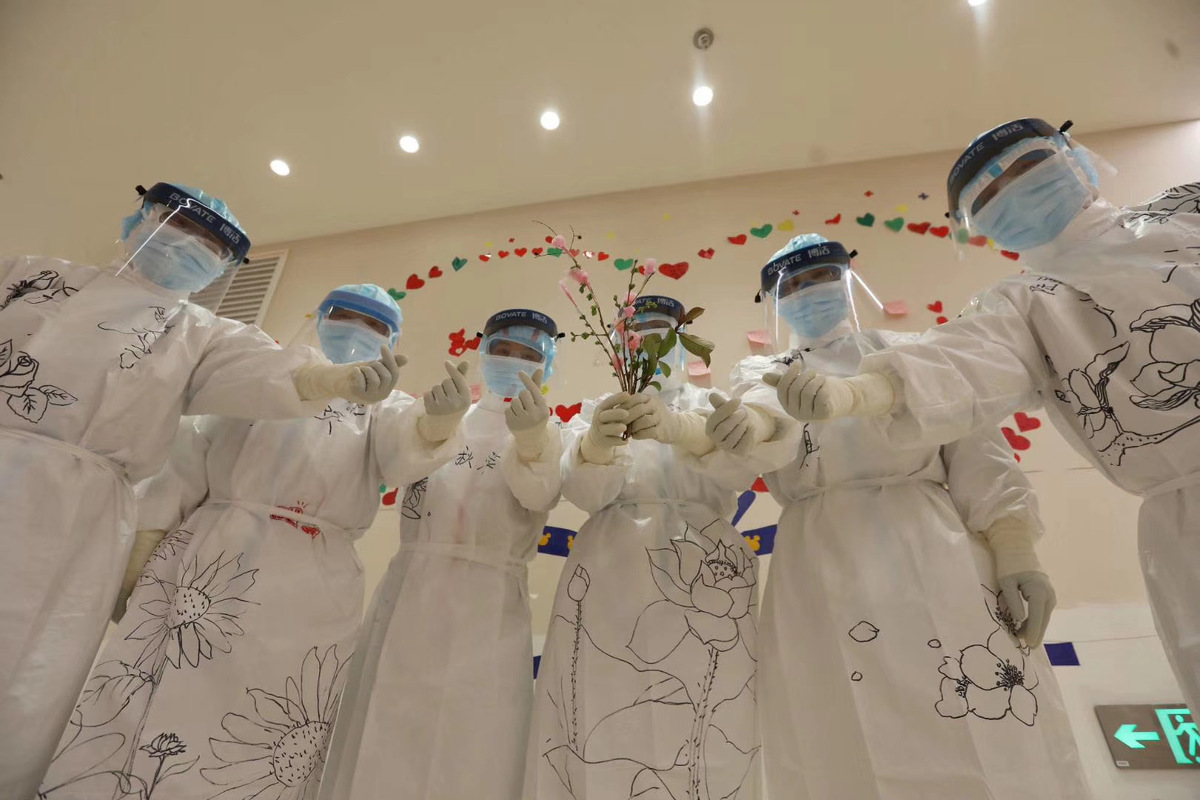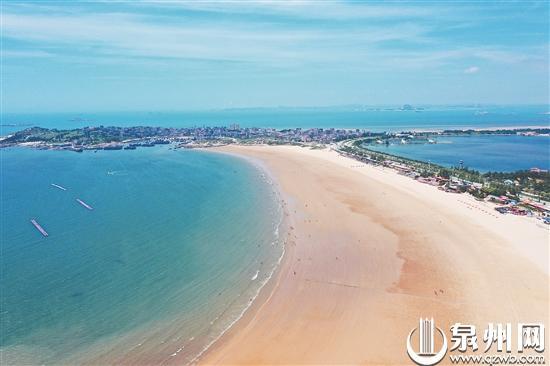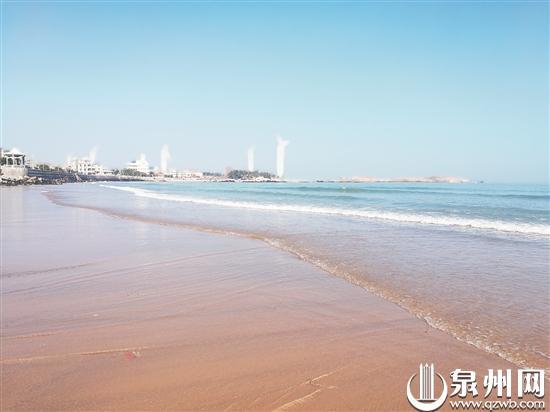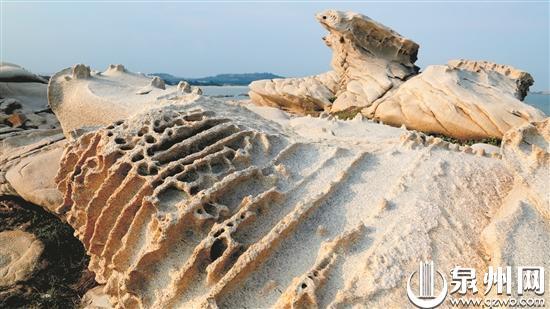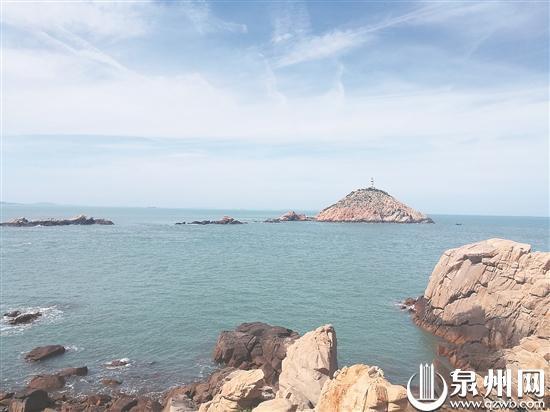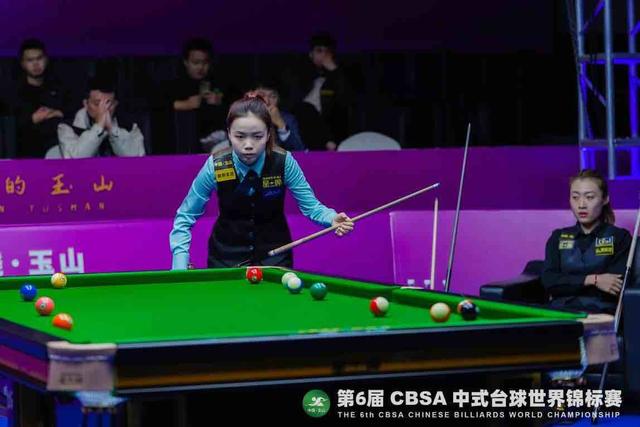The persistent high temperature makes the beach in the evening the darling of summer. The reporter carefully arranged and presented you with a Quanzhou version of the "Surfing Manual"-going to the beach to listen to the sea and chase the waves.
Moon Bay
Take the children to the beach to surf in the evening.
Liujiang beach
Chongwu Qingshan Bay
Xiangzhi Fishing Port (Photo courtesy of Shishi Cultural Tourism Bureau)
Overlooking the sea from windmill island
Gold Coast (Photo courtesy of Shishi Cultural Tourism Bureau)
For children, a beach is a happy summer.
Quanzhou is rich in coastal resources, with a coastline of 541 kilometers, ranking fourth in the province. The coastline of the island is 117 kilometers long, ranking second in the province. On the long coastline, there are many beautiful bays, and any place is a beautiful blockbuster under the photographer’s lens.
In the past few days, the reporter has interviewed the cultural and tourism departments in Shishi, Jinjiang, Hui ‘an, Quangang and Taiwanese business districts, and compiled a "surf manual" for Quanzhou’s beautiful beaches. Limited by space, it is inevitable to miss it. If there is an opportunity, the reporter will introduce it to the citizens and friends one by one.
This summer, you might as well bring your family or call three or five friends, pick a favorite beach, stroll on the soft beach, blow the cool sea breeze, surf and laugh, and enjoy the pleasant seaside time. □ Reporter Huang Baoyang Intern You Yaoyao Text/Figure (except signature)
Taiwanese investment zone
Moon Bay
When the tide ebbs, Moon Bay looks like a bend and a half months, hence its name. Beautiful coastline, strange rocks, broad and gentle beaches, delicate and soft sand … have jointly cast a charming Moon Bay. In addition to the natural beach, you can also live in a cabin by the sea, taste delicious snacks, take a ride on speedboats and beach motorcycles, and experience the vigor and vitality of the sea.
Address: Beidi, Fushan Village, Zhangban Town, Taiwanese Investment Zone
Otaku island
Moon Bay is located on the north side of Otter Cave Island, but the beaches along the south dike of the island are little known. Otter Cave Island used to be an island, and access to the island can only be by boat. It was not until 1970 that two long seawalls crossed the sea that they were connected with the land. The south dike is very clean because there are few tourists, and the clear water makes people see the beach at a glance. This small island, which was a famous trading port in Quanzhou during the Yuan and Ming Dynasties, has a long history. There are many cultural and architectural relics on the island, as well as the most delicious seafood. It is a good place for summer vacation.
Address: Nandi, Fushan Village, Zhangban Town, Taiwanese Investment Zone
Quangang district
Huiyu island
As the only island administrative village in Quanzhou, this charming rural island hidden in the northernmost part of ancient Quanzhou can only be entered by boat. The natural barrier of the sea makes it particularly peaceful and peaceful. The beach is close to the dense forest. Because there are few people, the beach is clean and quiet, and everything keeps the original island flavor. There are places to eat seafood on the island, and the family can walk slowly on the island and enjoy themselves for a day.
Address: Huiyu Village, Nanpu Town, Quangang District
Five Caspian sea sands
Five Caspian Sea Sand is a natural beach around the bay, which is named because it is five miles long. On the beach, you can see distant oil tankers whistling, and you can also overlook Huiyu Island not far away. There are not many people coming to the beach here, and it is quiet. There are many seafood restaurants along the beach, as well as a unique restaurant on the boat. After having fun, you can come here to have a big seafood meal cooked by fishermen in an authentic way.
Address: Guocuo Village, Fengwei Town, Quangang District
Jinjiang city
Tangdongshatan
Tangdong Village in jinjing town has a village history of more than 700 years, and more than 140 buildings, such as traditional ancient buildings in southern Fujian, Nanyang Fanzi Building and ancient foreign buildings with Chinese and Western architectural styles, have been preserved. It is a "traditional village in China". To the south of Tangdong Village, there is a unique and invincible sea-view sand dike in China, which is two kilometers long. A sand bank piled up by the sea and wind and sand, about 2 kilometers long, is like a jade belt stretching from the village to the sea, which is very magical.
Address: Tangdong Village, jinjing town, Jinjiang
Weitou Jinsha Bay and Moon Bay
Weitou is the beautiful fishing village closest to Dajinmen Island in mainland China, with two beaches, Jinsha Bay and Moon Bay, where the water quality is clear and the sand is clean. Due to seawater erosion, the rocks along the coastline have formed unique landscapes such as caves and stone pillars. Here, you can look at the Golden Gate Island, and you can enjoy the Gudu Sightseeing Fishing Port, Cape Geopark, Battlefield Cultural Square, Marine Aquaculture Sightseeing Area and so on.
Address: jinjing town, Jinjiang
Liujiang beach
In ancient times, Liujiang Village was closely related to Fuquan Port, one of the neighboring ancient Quanzhou ports, which was once a very prosperous place for commerce and trade. The coastline of Liujiang River stretches for several miles, including rocks with different shapes and golden beaches. At low tide, small crabs, small starfish, sea urchins, anemones and other creatures can be found on the beach, and children can be taken to a "treasure hunt". The scenery of Liujiang Village is mostly related to marine erosion rocks. The famous "Eight Scenes of Liujiang" contains stories and anecdotes, waiting for you to explore.
Address: Liujiang Village, jinjing town, Jinjiang
Nanjiang beach
Nanjiang Village is surrounded by the sea on three sides, with a long coastline and white and delicate beaches. It is also the largest abalone breeding base in China. After eating abalone, you can make an abalone wind chime with your own hands. The villagers said that five abalone shells can be used to make a string of wind chimes symbolizing "five blessings". There are also many red brick ancient buildings in the village, which have precipitated the taste of decades, so you can savor them carefully.
Address: Nanjiang Village, jinjing town, Jinjiang
Shizhen beach
Shizhen Village is adjacent to the Taiwan Province Strait in the east and backed by Weitou Peninsula. It has ten miles of sandy beaches and unique metamorphic rock landscape, and several huge windmills standing at the seaside of the village head have become the most unique "business cards" of Shizhen Village. The 2500-meter-long beach here is a rare beach with low tide, no silt and no rubble, and it is extremely clean. The coastal metamorphic rock in Shizhen is a rare typical profile of metamorphic migmatite in China, and it belongs to the national nature reserve together with the nearby Shenzhen-Shanghai submarine ancient forest site.
Address: Shizhen Village, jinjing town, Jinjiang
Dongshi Baisha Beach
Formerly known as "Bisha Township", it is nicknamed "Bisha" because its land is a vast expanse of white sand embankment that stretches for several miles, and it shines whenever the rising sun first shines. Baisha village is surrounded by the sea on three sides, and it is surrounded by the village on one side. It is shaped like a half moon, so it is called "Half Moon City". Baisha village not only has beautiful natural scenery, but also has historical and cultural relics such as Zheng Chenggong’s ancient battlefield site and Zhenjiang Palace.
Address: Baisha Village, dongshi town, Jinjiang
shishi city
Hongtawan Marine Park
Hongtawan Beach is about 1.5 kilometers away from the Gold Coast. It is a rare shallow beach in Fujian Province and a natural swimming summer resort. There are gorgeous sedimentary rocks, wonderful marine erosion landforms, rare cracked rocks, numerous fishing islands and clean seawater beaches. Whenever the wind is strong at the seaside, you can fly the kite against the wind and run on the beach at will. In the evening, people sit around the food stalls together, enjoying the sea breeze and tasting authentic seafood barbecue.
Address: Binhai East Road, shishi city
Gold Coast
Gold Coast is one of the "Eighteen Scenes of Quanzhou", which is a crescent-shaped bay with a yellow beach more than 500 meters long. It is very comfortable to walk barefoot on it like a cotton blanket. In the extension of the beach to the sea, there are many grotesque rocks, as well as the ocean world with the shape of a boat next to it, which are all children’s favorites. In the middle of the coastline, there stands a statue of Guanyin in the South China Sea, which is more than ten meters high and has become a symbol here.
Address: Shishi yongningzhen
Gufuwan Beach
The ancient floating bay is like a crescent moon, embedded in the northeast coast of Shishi, with a total length of about 6 kilometers. Standing on the wooden plank road in Gufuwan, you can get a close look at Dashan Island to the east and see the egrets wandering; To the north, you can overlook Liushengta and Shihu Port. Not far from the beach, it is the breeding ground of ancient floating laver, and you can see all kinds of small marine creatures and rare birds on the beach.
Address: Gufu Village, Xiangzhi Town, shishi city
Meilin port
Meilin Port, located at the southern tip of yongningzhen, has a fantastic sea view and is an excellent place to watch the sunset. Whether you stand on the shore of Meilin Port pier or on the dam, it will not affect you to enjoy the sunset scenery of Meilin Port. Seagulls, egrets, beaches, lighthouses and passing fishing boats together form a beautiful sunset picture.
Address: yongningzhen, shishi city.
Yongning Guanyinshan Beach
Guanyin Mountain, which is connected with the Gold Coast, is called by photographers as a place where there is no dead angle to shoot the sunrise and watch the sunset. Because it is located in the coastal sand dune zone, it has been impacted by tidal current for a long time, and the wind and sand have been blown up for a long time, accumulating into a natural white embankment. Next to the embankment, there is a Guanyin Mountain, which is surrounded by the sea on three sides and stands on the mountain. From a distance, it looks like a prostrate Guanyin, hence its name. This beach, with few people, fine sand, blue sea and beautiful scenery, can step on the beach, see strange rocks, explore caves, watch trenches and listen to the waves.
Address: Shadi Village, yongningzhen, shishi city
Huian county
Xisha Bay
Xisha Bay has the reputation of "the silver snake in Xisha". It is a good choice to come here to enjoy sunbathing, surfing in the wind and enjoying the afterglow of the sunset. Besides, in Xisha Bay, you can also feel colorful folk customs, including acrobatic performances, tea corridors, food streets, shopping streets, water parks, beach motorboats, etc. You can enjoy yourself.
Address: Chongwu Town, Hui ‘an County
Banyuewan
Half Moon Bay is shaped like a crescent moon and is famous for "half moon sinking sand". The verdant forest belt, the flat beach and the stone carving "Fish Dragon Cave" on the shore have jointly constructed this place where beauty and fun coexist, and it is a holy place for taking pictures everywhere. Standing on the ancient city of Chongwu, you can have a panoramic view of the charming scenery of the whole Half Moon Bay. If you are lucky, you can also meet flocks of seagulls. Watching the waves surge at the junction of the sea and the sky makes people linger.
Address: North Shore of Chongwu Bay, Chongwu Town, Hui ‘an County
Qingshanwan
Qingshan Bay’s continuous golden sandy beach is 13 kilometers long, but there is no reef. Because the sea level here is open, the continental shelf is flat and the wind and waves are small, it is especially suitable for sports such as beach sports and water sports. You can choose to start a leisurely and comfortable mode or choose a thrilling challenge. The nearest Castle Peak Bay also has the "online celebrity Punching Place" in the sky. Beautiful photos can be taken from any angle of blue sky, white clouds and beaches.
Address: Xisha Bay, Huian County, near Chongwu.
Huinv Bay
Jingfeng Huinv Bay has a coastline of more than 14 kilometers, like a graceful girl, stretching all the way from Shangting Village to Hujie Village. This beautiful bay has a very broad and gentle beach, which can reach hundreds of meters at low tide. In addition to the beautiful bay and beach, there are many beautiful villages from north to south, and there are unique folk customs. You can often see Hui’ an women wearing "yellow hats, flower headscarves, blouses, wide trousers and silver waist chains" working at the seaside.
Address: Jingfeng Town, Hui ‘an County
Xiaozuo windmill island
The small "windmill island" is named after many windmills on the island. This is the earliest sunrise place in Quanzhou, where you can embrace the first ray of sunshine belonging to Quanzhou. If you go early, you can wait for the sunrise on the windmill island and witness the magnificent scene that the night sky is gradually turning white and the sun is slowly rising from the sea level. I believe it is a romantic beauty that you will never forget. There are also scenic spots such as Xiaoyan Art Museum and Huinv Forest Farm around, which can be visited in parallel.
Address: East Coast of Hui ‘an County
Ota island
Otsu Island is one of the top ten charming villages in Quanzhou. There is a half-moon bay in the village. The beach is half-moon-shaped, very soft and delicate, and there is no soil. Walking barefoot on the beach, your heart will be filled with softness instantly. Hui-nu culture is a famous business card of the island. Many people come to Otsu Island to experience the profound Hui-nu culture in addition to riding waves and chasing sand. The Hui-nu amorous feelings garden here is a good choice.
Address: Jinshanzai, Datun Village, Chongwu Town, Hui ‘an County
Source: Quanzhou Net

